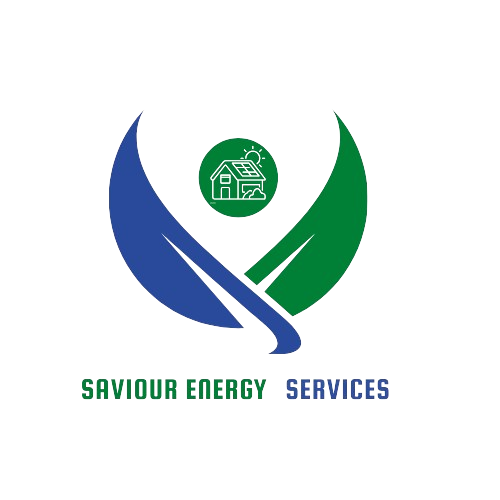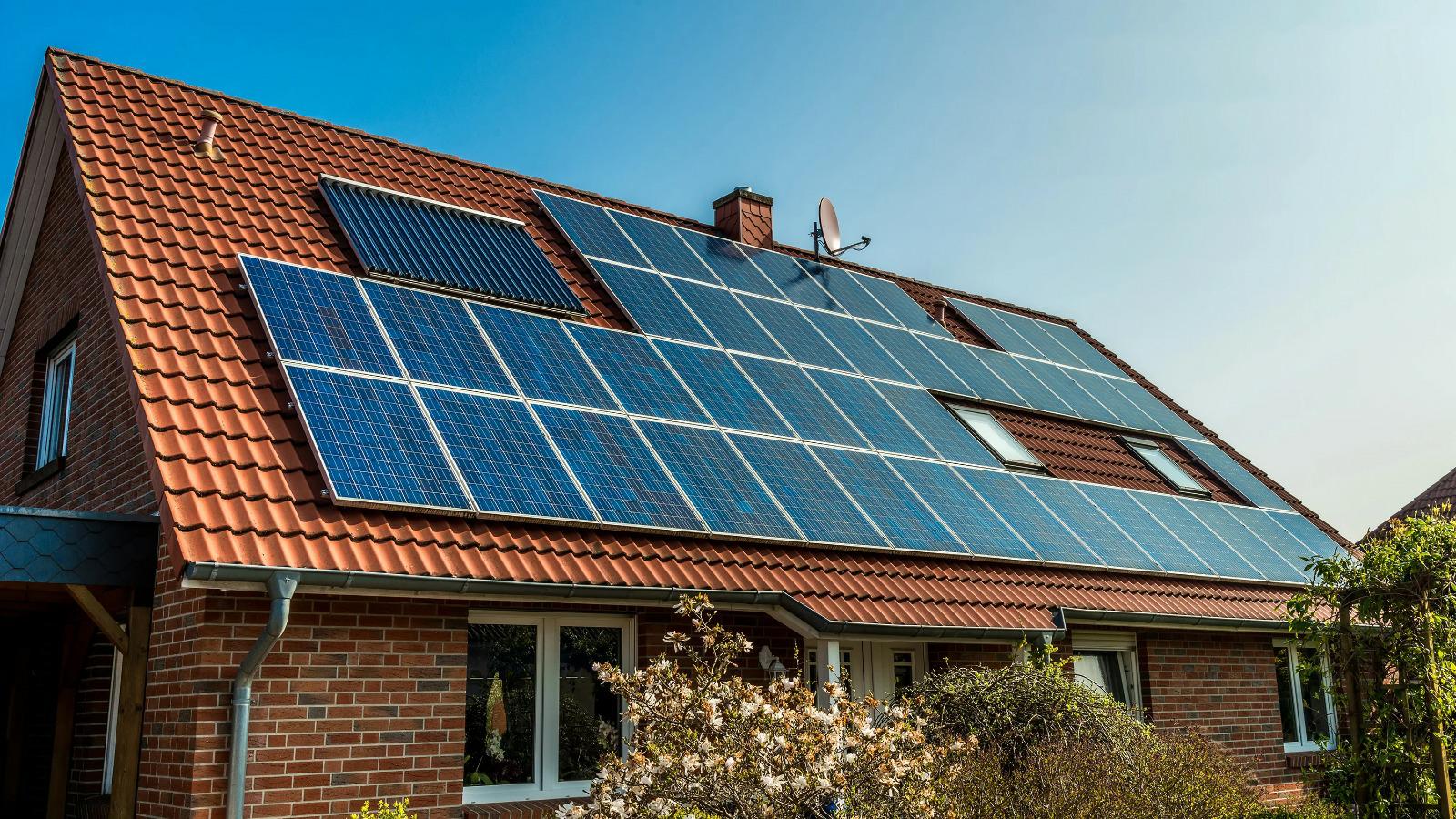Generate renewable electricity and cut your electricity bills
Solar electricity panels, also known as photovoltaics (PV), capture the sun’s energy and convert it into electricity that you can use in your home.
By installing solar panels, you can generate your own renewable electricity. Powering your home with solar energy is the world’s fastest growing renewable energy solution. And it’s not surprising, as typically a 12 panel solar system and a 5.2kWh (4.2 kWh usable) battery could see savings of up to £1000 a year3 on your home’s electricity bill.
With the Smart Export Guarantee (SEG) you can also earn money back for exporting excess solar energy generated by your solar panel system into the grid.

Savings
You could save up to £610 each year by installing Solar Panels with SEG. Based on estimates by Energy saving trust.
Cut your electricity bills
Reduce your carbon footprint
Receive payments for extra energy
Increase the market value of your property
All figures are based on the estimates by the Energy Saving Trust.
The services are Heavily Subsidised by the government funding. Exact quotation will be provided after initial assessment.
Not all the measures are available for each property.
FAQ
Solar Panel FAQ
- What are the key benefits of installing solar panels?Solar panels can significantly reduce your electricity bills, lower your carbon footprint, and potentially earn you money through schemes like the Smart Export Guarantee (SEG) by selling excess energy back to the grid .
- How long do solar panels typically last?Solar panels are designed for durability, often lasting 25 years or more, with performance slightly decreasing over time. Regular maintenance can help maintain efficiency.
- Are there financial incentives for installing solar panels in the UK?Yes, homeowners may benefit from government schemes like ECO4, ECO Flex, the Home Upgrade Grant, Solar Together, and VAT Exemption on solar panels and other energy-saving materials until at least April 2027.
- Do I need planning permission for solar panel installation?Generally, solar panel installations are considered ‘permitted developments’ and don’t require planning permission. However, there are exceptions, especially for listed buildings and properties in conservation areas or national parks .
- Can solar panels still generate electricity on cloudy days?Yes, solar panels can produce electricity even on cloudy days, albeit at reduced efficiency. The system stores energy during sunny days for use anytime .
- What’s involved in the solar panel installation process?Installation typically takes 1-3 days, depending on system size and complexity. It includes setting up panels, inverters, and connecting to your home’s electrical system .
- How do I know if my home is suitable for solar panels?Factors include roof size, angle, orientation (south-facing is ideal), and absence of significant shading. Most homes are suitable, but a professional assessment can determine the best setup for your property .
- What are the maintenance requirements for solar panels?Solar panels require minimal maintenance, usually just 1-2 cleanings per year to ensure peak performance. Regular checks by a professional can also be beneficial .
- How do I choose a reputable solar panel installer?Look for experienced, accredited installers with positive reviews and a good track record. Consider their offered warranties, costs, and available financing options .
- What happens to excess energy generated by my solar panels?


